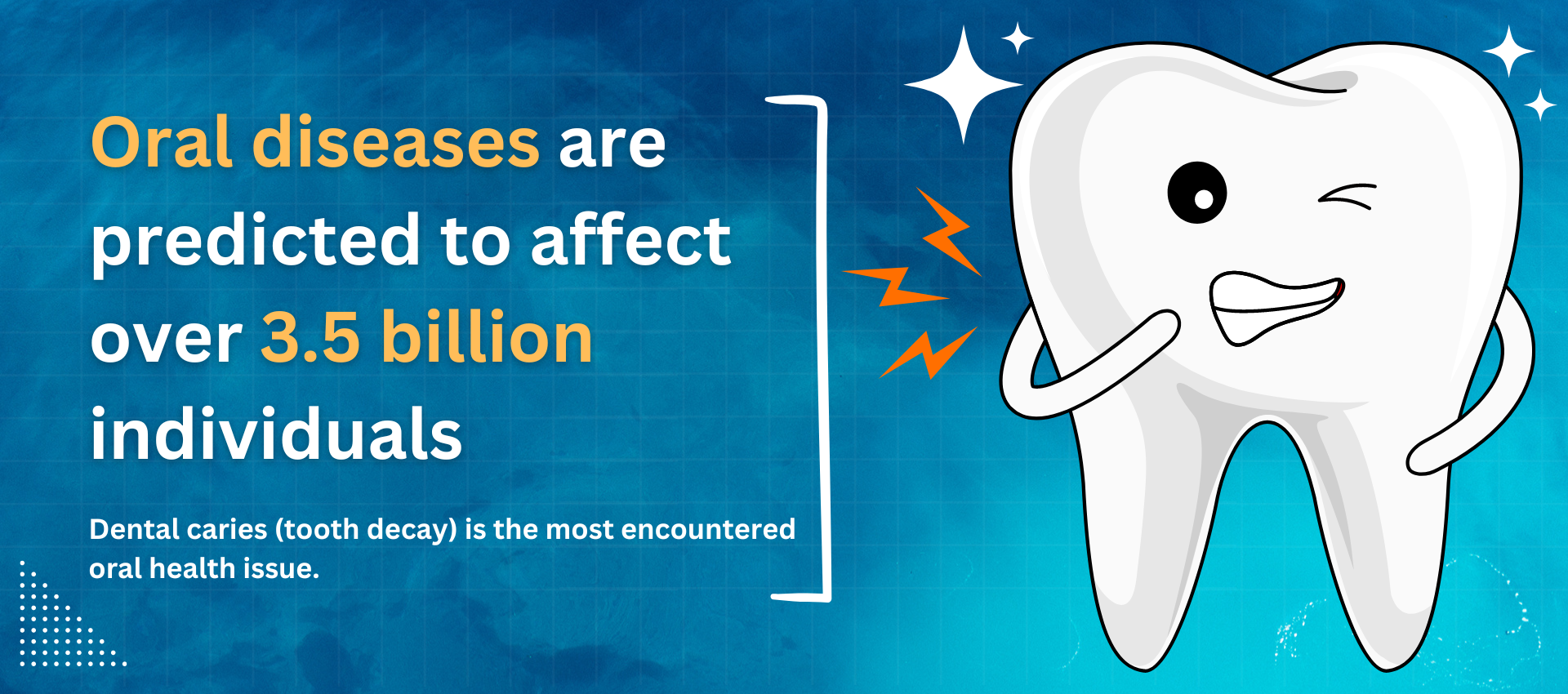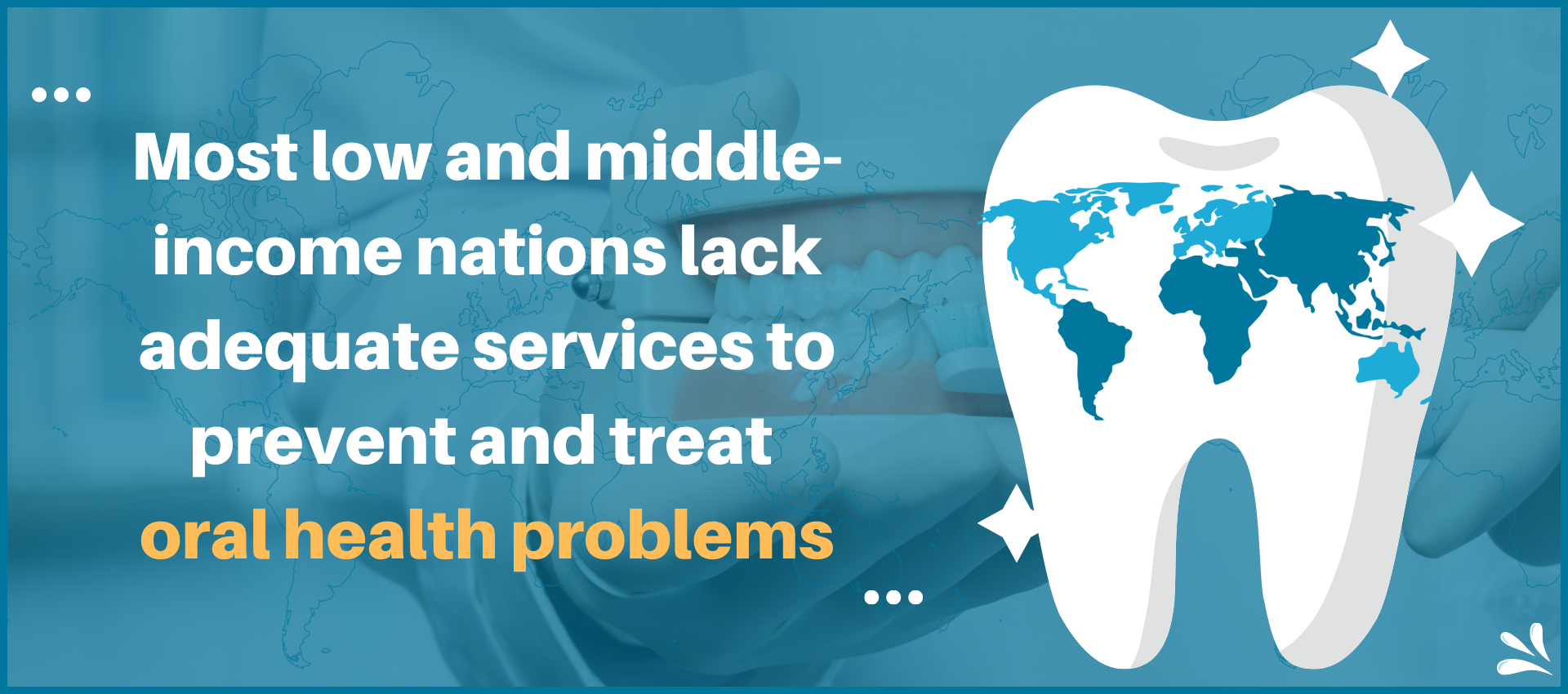The Theme of World Oral Health Day 2023 is "Be Proud of Your Mouth". It Focuses on Promoting The Importance of Good Oral Hygiene Practices to Maintain Good Oral Health.
About
World Oral Health Day is an international event celebrated on March 20th each year. This day aims to raise awareness about the importance of oral health and its impact on overall health and well-being.This day is celebrated globally with various activities and events organized by dental associations, schools, and other organizations. These activities include free dental check-ups, oral health education programs, and awareness campaigns to encourage people to take care of their oral health
The World Dental Federation (FDI) is the leading organization behind the initiative, and it collaborates with other stakeholders such as governments, healthcare professionals, and the public to promote oral health globally.
History
World Oral Health Day is an annual event celebrated on March 20th every year. It was first celebrated in 2013 and has been growing in popularity ever since. The idea for World Oral Health Day was first proposed by the FDI World Dental Federation in 2007 during the World Dental Congress in Dubai. The Federation wanted to create a global event that would bring attention to the importance of oral health and encourage people to take better care of their teeth and gums.The first World Oral Health Day was celebrated on March 20, 2013, with the theme "Healthy Teeth for a Healthy Life." Since then, each year has had a different theme, ranging from "Smile for Life" to "Live Mouth Smart" to "Be Proud of Your Mouth."

Oral health

Oral health refers to the state of one's teeth, gums, and related structures in the mouth. It involves the absence of disease or infection in the mouth, as well as the proper functioning of the teeth and gums for biting, chewing, and speaking. Good oral health is essential for overall health and well-being.Maintaining good oral health involves a combination of regular dental check-ups, daily oral hygiene practices such as brushing and flossing, a healthy diet, and avoiding tobacco and excessive alcohol consumption. Neglecting oral health can lead to a variety of problems, including cavities, gum disease, tooth loss, and other more serious health issues such as heart disease, diabetes, and stroke.
The importance of oral health cannot be overstated. Poor oral health can lead to a variety of health problems, including gum disease, tooth decay, and even heart disease.
Prevalence of oral health disease
Oral health diseases are a widespread problem that affects millions of people worldwide. The prevalence of oral health diseases varies by country and region, but it is generally high across all populations.
Here are some statistics on the prevalence of common oral health diseases:

Tooth decay
Tooth decay is one of the most common oral health problems worldwide. According to the World Health Organization, nearly 100% of adults have experienced tooth decay at some point in their lives.

Gum disease
Gum disease is another common oral health problem. According to the Centers for Disease Control and Prevention, approximately half of all adults have gum disease.

Oral cancer
Oral cancer is less common than other oral health problems but still affects a significant number of people. The global incidence of cancers of the lip and oral cavity is estimated to be 3 million.

Tooth loss
Tooth loss is a common consequence of poor oral health. According to the World Health Organization, nearly 30% of people aged 65-74 have no natural teeth.
Risk Factors
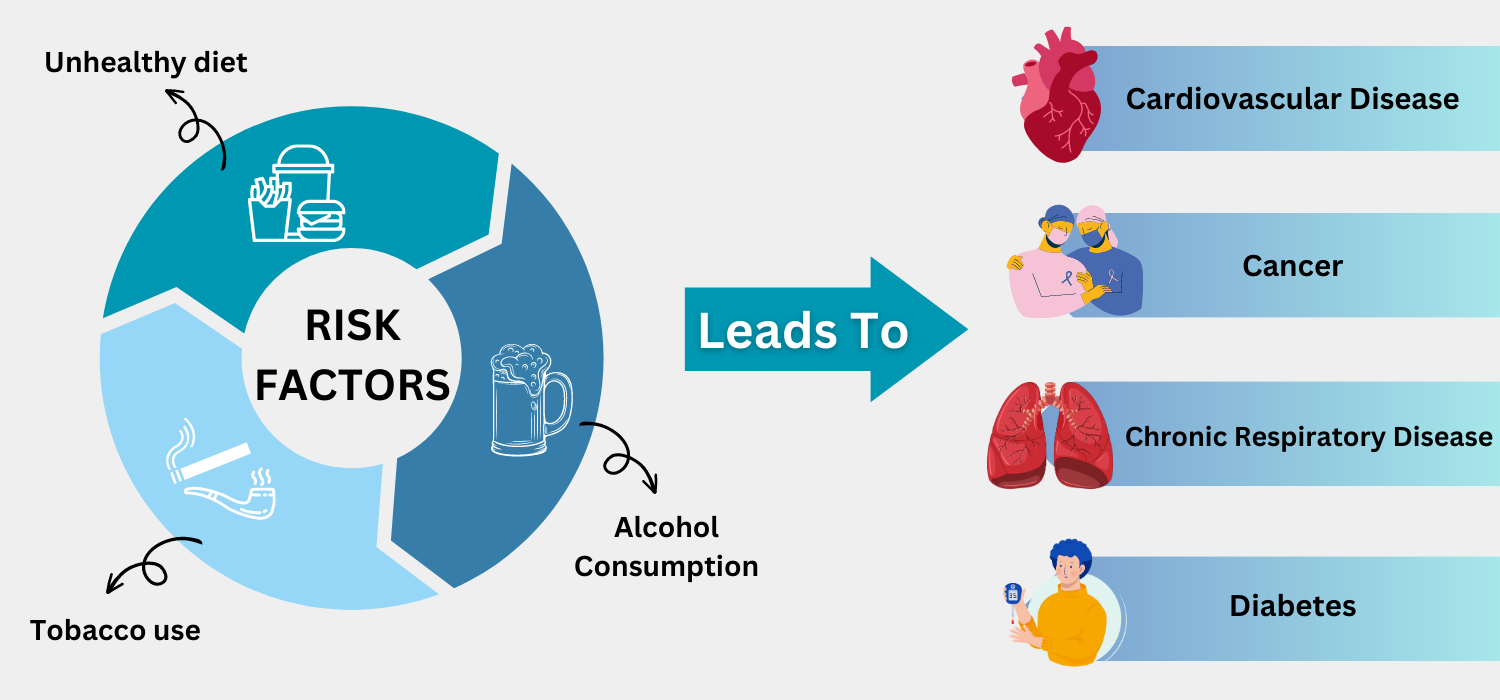
Prevalence of oral health disease in India
Oral health disease is a significant public health problem in India. The prevalence of oral health diseases in India varies by region and population, but it is generally high across all populations. Here are some statistics on the prevalence of common oral health diseases in India:
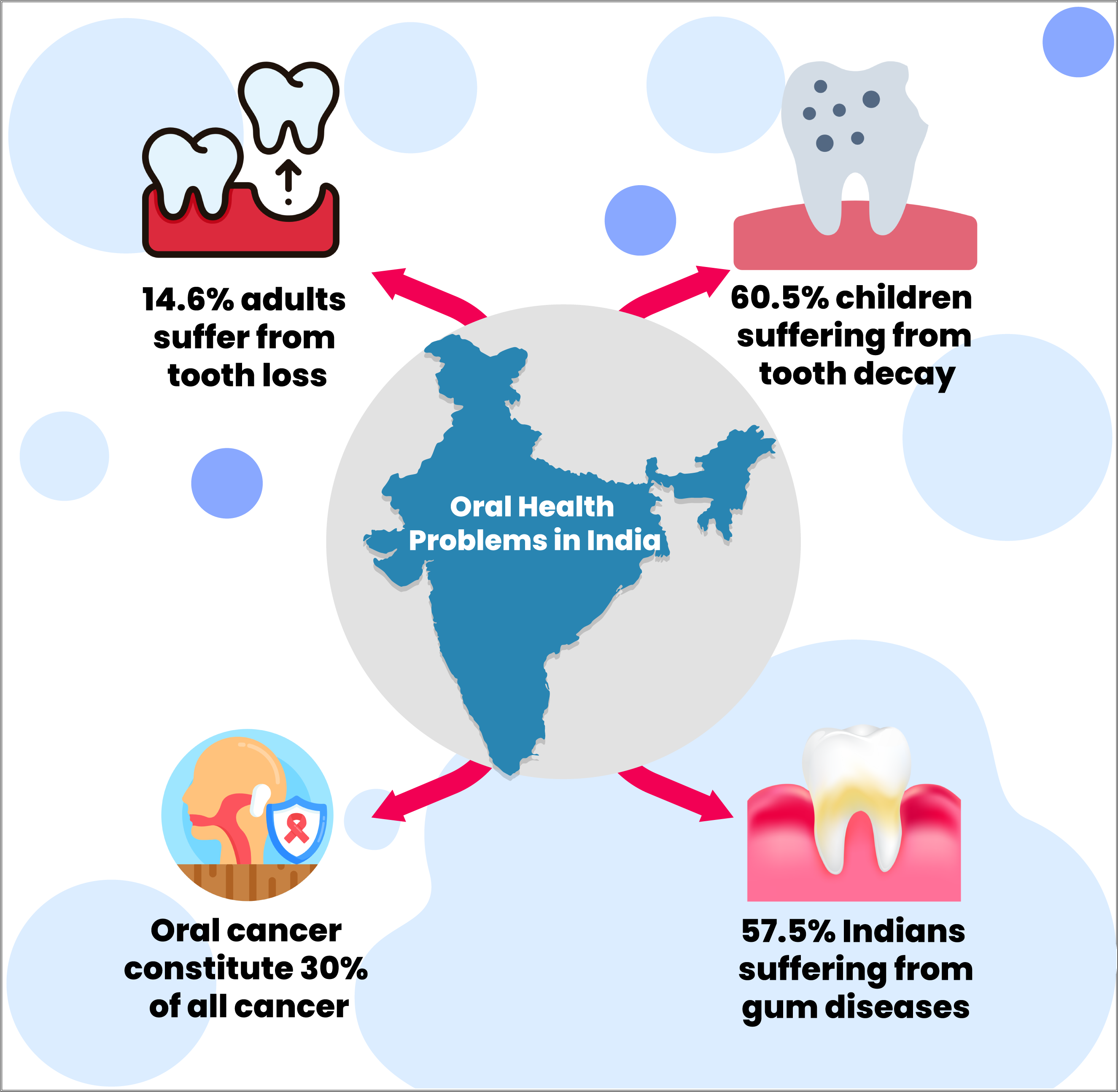
- Tooth decay: Tooth decay is a widespread problem in India, particularly in children. According to the National Oral Health Survey conducted by the Ministry of Health and Family Welfare in 2017, the prevalence of dental caries (tooth decay) in children aged 5-6 years was 60.5%.
- Gum disease: Gum disease is also a prevalent oral health problem in India. According to the same National Oral Health Survey, the prevalence of gum disease in adults aged 35-44 years was 57.5%.
- Oral cancer: Oral cancer is a significant health problem in India, with high rates of incidence and mortality. According to the Indian Council of Medical Research, oral cancer accounts for up to 30% of all cancers in India.
- Tooth loss: Tooth loss is a common consequence of poor oral health in India. According to the National Oral Health Survey, 14.6% of adults aged 35-44 years had lost all their teeth
Diseases associated with bad oral health
Poor oral hygiene can lead to various dental and medical conditions. Here are some of the diseases and conditions that are associated with bad oral health:
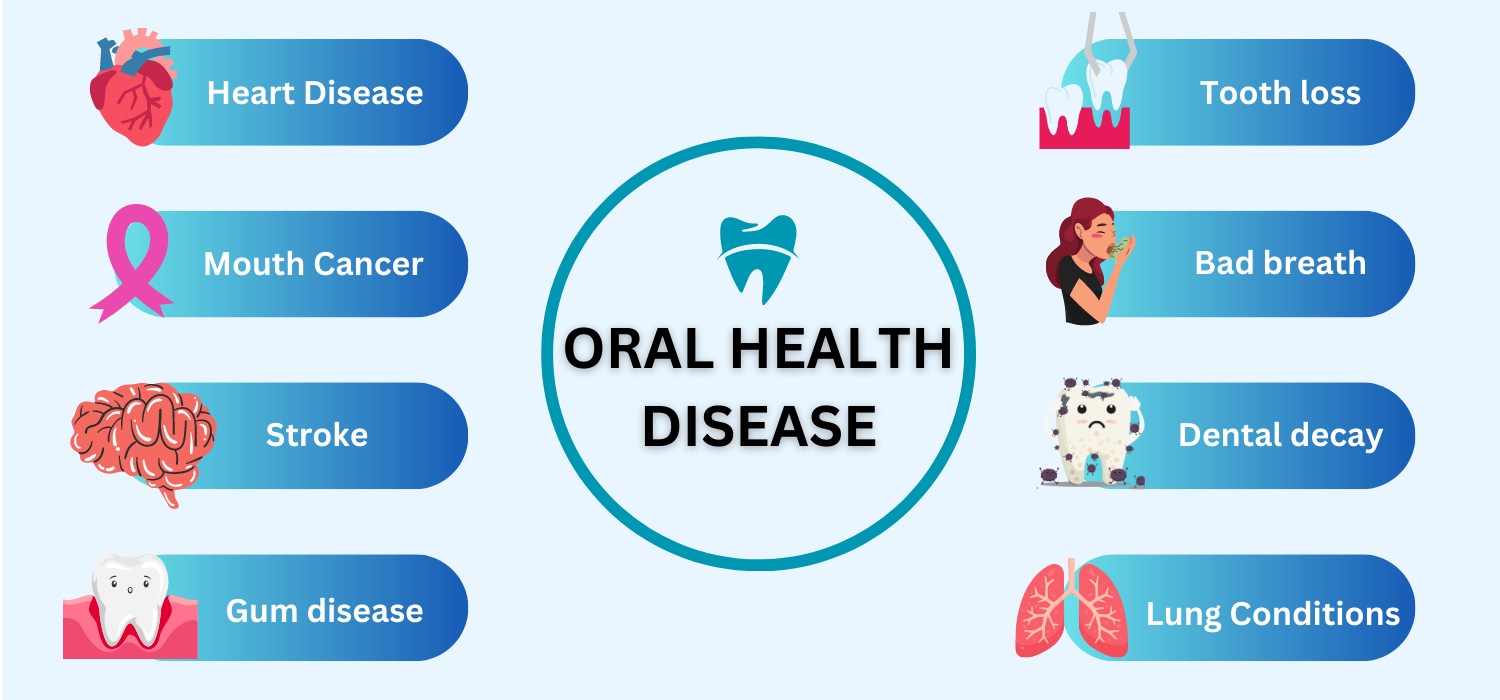
Prévention of oral health disease
Prevention is key to maintaining good oral health and preventing oral health diseases. Here are some tips to prevent oral health diseases:

Brush your teeth twice a day
Brushing your teeth twice a day with fluoride toothpaste can help remove plaque and prevent tooth decay and gum disease.

Floss daily
Flossing daily can help remove food particles and plaque from between teeth and along the gum line.

Use mouthwash
Using mouthwash can help reduce bacteria and freshen your breath. Consuming too much sugar and acidic foods and drinks can lead to tooth decay,
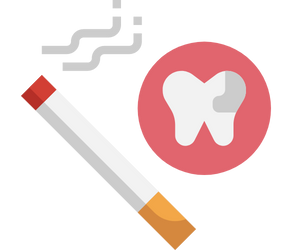
Quit smoking
Smoking and using other tobacco products can increase the risk of gum disease, oral cancer, and other health problems.

Visit the dentist regularly
Regular dental checkups and cleanings can help detect and treat oral health problems early and prevent them from worsening.
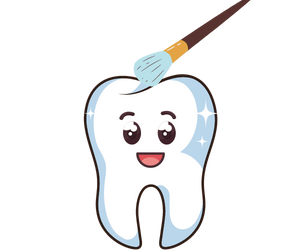
Consider dental sealants
Dental sealants can protect teeth from decay by filling in the deep grooves and fissures of teeth.
